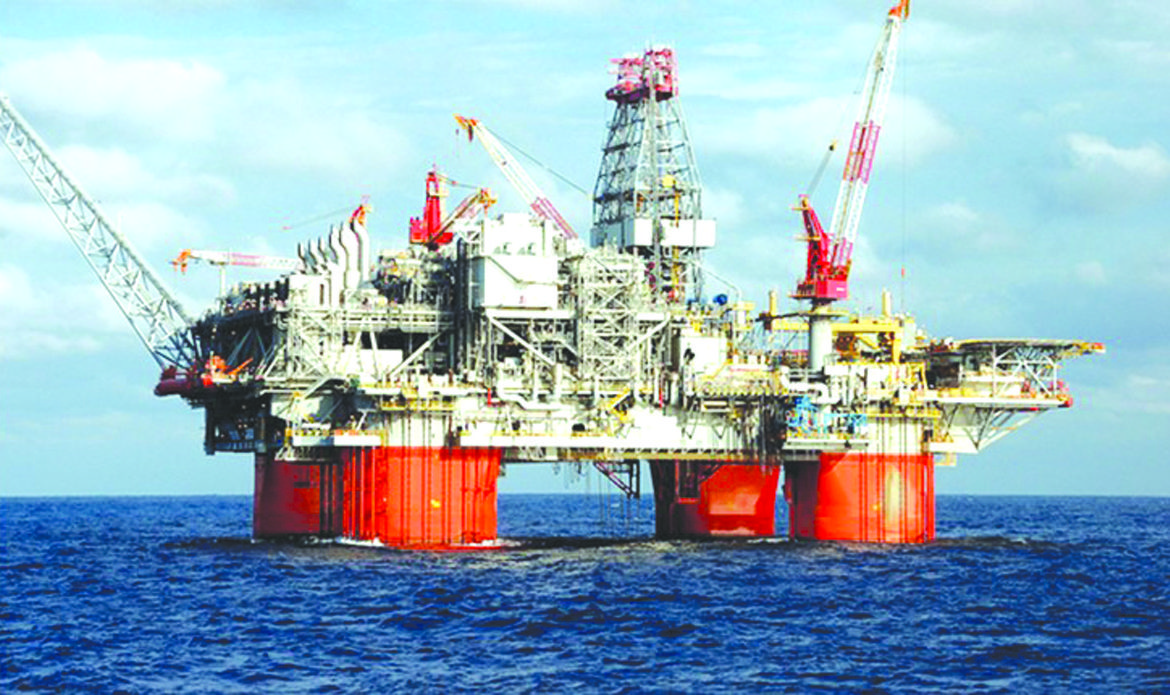A new wave of security threats in Nigeria poses a major challenge to Africa’s largest oil producer and a key supplier of light sweet crude grades to Europe, industry officials and analysts have warned.
Concerns have been raised after a growing wave of kidnappings and attacks on workers in the country’s oil industry this year. On Aug. 16, gunmen attacked a convoy of workers involved in Shell’s Assa North gas development project in Imo state, causing fatalities. Shell shut down the gas plant and other facilities in the vicinity following the incident.
“While the impact of the security challenges is not directly felt now in terms of oil production, but it is weighing more on the government and the companies who are now required to spend more on protection of workers and oil facilities,” Abiodun Adesanya, the CEO of Lagos-based oil consultancy Degeconek told S&P Global Platts.
Nigeria has the capacity to produce around 2.2 million-2.3 million b/d of crude and condensate, but production has averaged only around 1.62 million b/d for the first seven months of 2021, according to Platts.
Key crudes such as Bonny Light, Escravos, Forcados, Qua Iboe have all faced production issues due to operational and technical issues. Meanwhile, some of Nigeria’s main oil infrastructure has also faced persistent sabotage in the past few months.
S&P Global Platts Analytics expects Nigeria to be one of the largest risks for OPEC+ production growth in end-2021 and has warned supply threats by militants could resurface as violence is rising in the southeast of the country following the attacks in Imo.
“With Nigerian crude supply capped below 1.5 million b/d since May, risks are rising to our forecast supply growth from 1.4 million b/d in August to over 1.7 million b/d by year-end,” Platts Analytics said in a recent note.
Out of control
Industry officials have said the latest rise in security threats would impact production costs, as companies will need to spend more on protection for workers and facilities.
The country’s senior oil workers’ union Pengassan has said the increasing attacks by bandits and other criminal activities, including kidnapping for ransoms in the oil hubs of Port Harcourt and Warri, have also stifled foreign direct investment into the Nigerian economy.
“We are finding it increasingly difficult to put our members in check as their restiveness regarding the growth and rise of insecurity across the country is getting out of control and the accompanying consequences are unimaginable,” the oil union said in a statement Aug. 27.
“Morale and confidence are now at all time low not only among the oil workers but the citizenry as a whole, that if such top military formation could be attacked then nowhere is safe,” a Nigeria-based official at a Western oil company said.
“Meeting the government’s target of reducing operations cost $10/b by end of this year now seems a tough task,” he added.
Nigeria has a long history of security issues impacting its oil industry. Militants operating in the Niger Delta ramped up attacks on oil fields and terminals in 2016, pushing production to a low of 1.4 million b/d. In response, President Muhammadu Buhari retained a presidential amnesty program for militants to maintain peace in the Niger Delta in place since 2009.
The initial introduction of the program back in 2009 helped rein in activity that had caused extensive damage but there is now a concern that some groups may opt out of the amnesty leading to more attacks on oil infrastructure.
Source:www.spglobal.com

